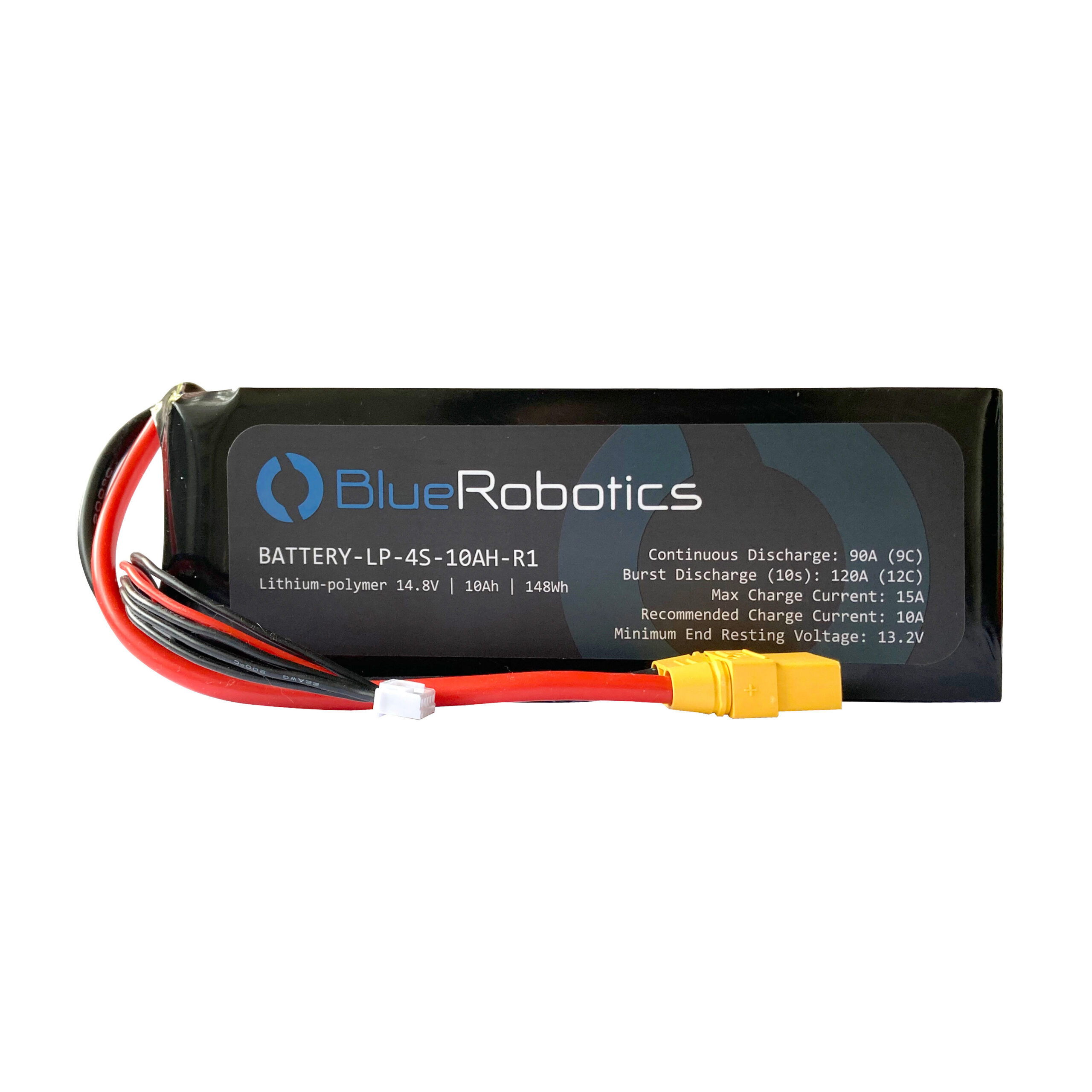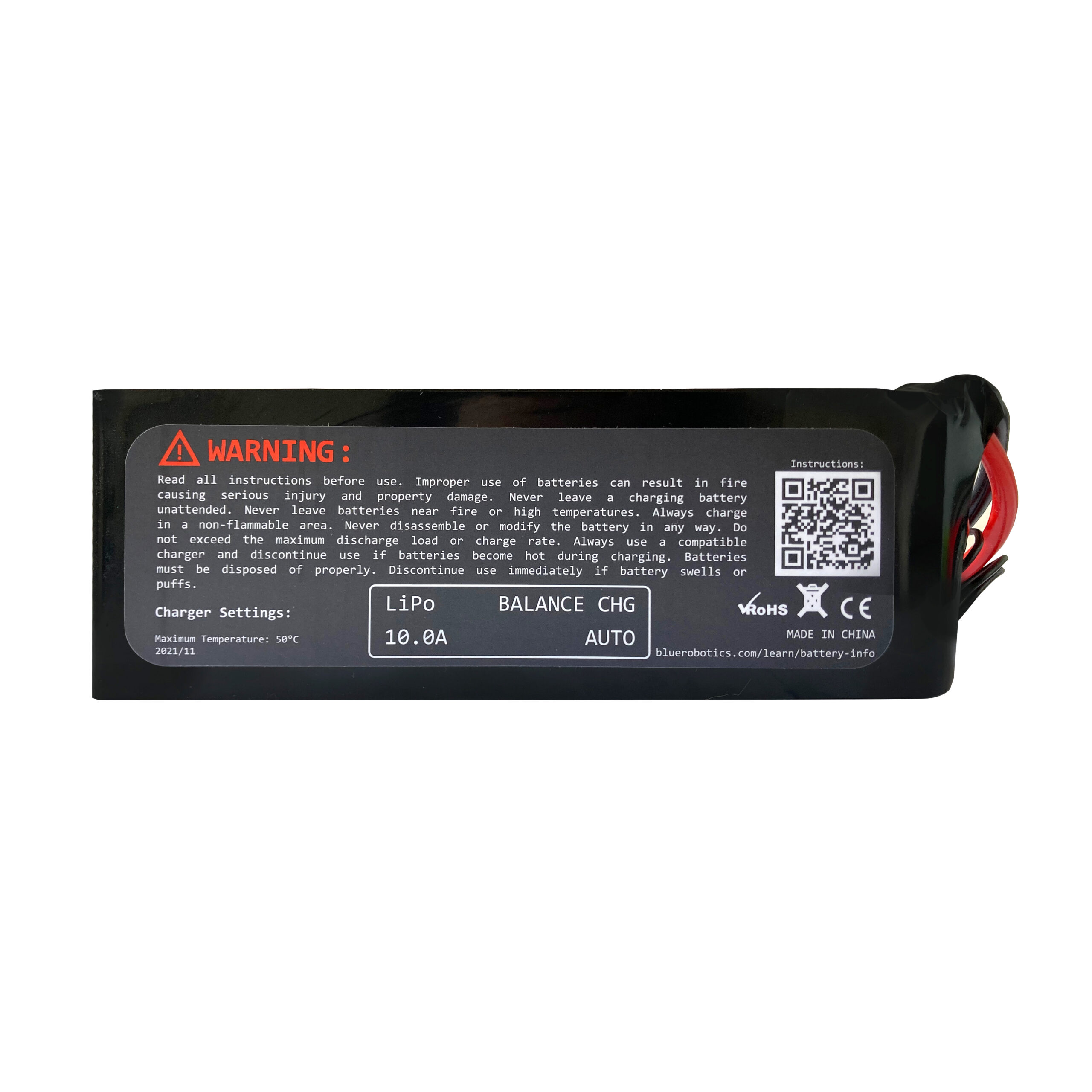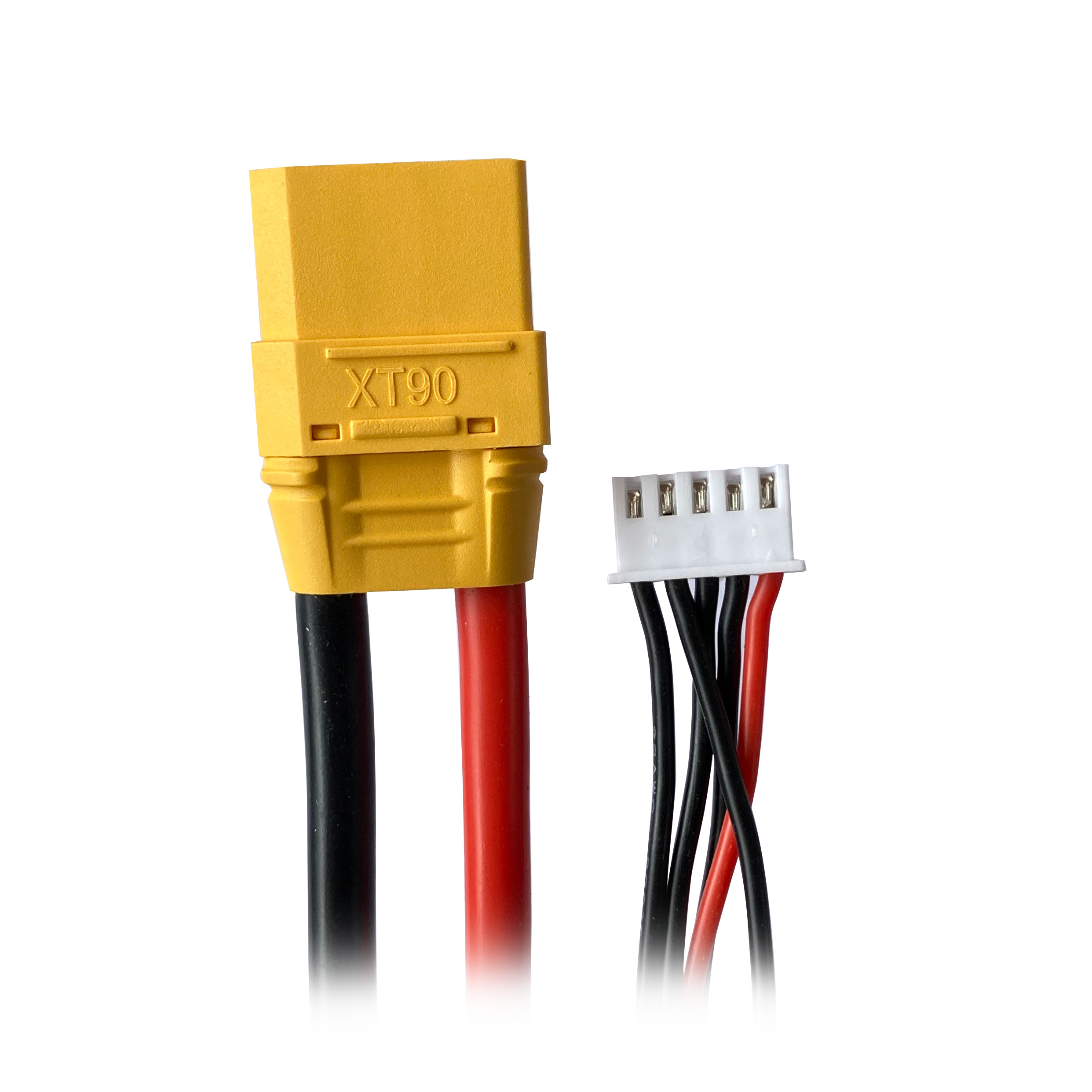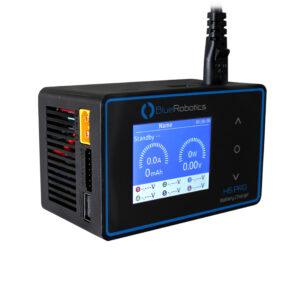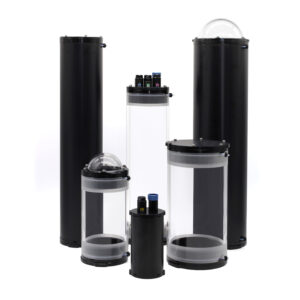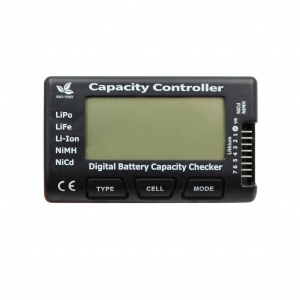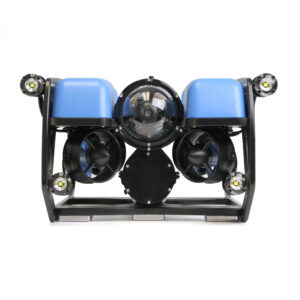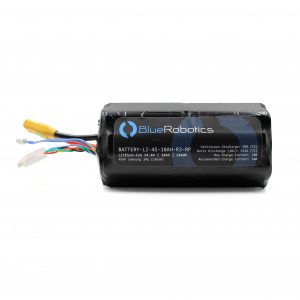Have you ever wanted to take your BlueROV2 on a flight with you, but then realized flying with batteries is nearly impossible? So have we! 😅
The Lithium Polymer Battery (14.8V, 10Ah) is a lower cost and lower capacity battery made from soft lithium polymer cells good for use in the BlueROV2, and fits inside a 3″ Watertight Enclosure. This 4S (14.8V) battery has a nominal capacity of 10.0Ah, enough for up to 2 hours of continuous moderate to heavy use on the BlueROV2. What’s super fly about this battery is that it is suitable for travel on passenger aircrafts!
The especially high capacity of this battery means that it is subject to more stringent shipping regulations than our other products. In addition to a hazardous goods shipping surcharge, we are also only able to ship this battery to a small number of countries:
- Australia
- Canada
- India – Delhi, Karnataka, Tamil Nadu, and Telangana ONLY
- Japan
- Mexico
- New Zealand
- Singapore
- United States of America (excluding Hawaii, Alaska, and Puerto Rico)

